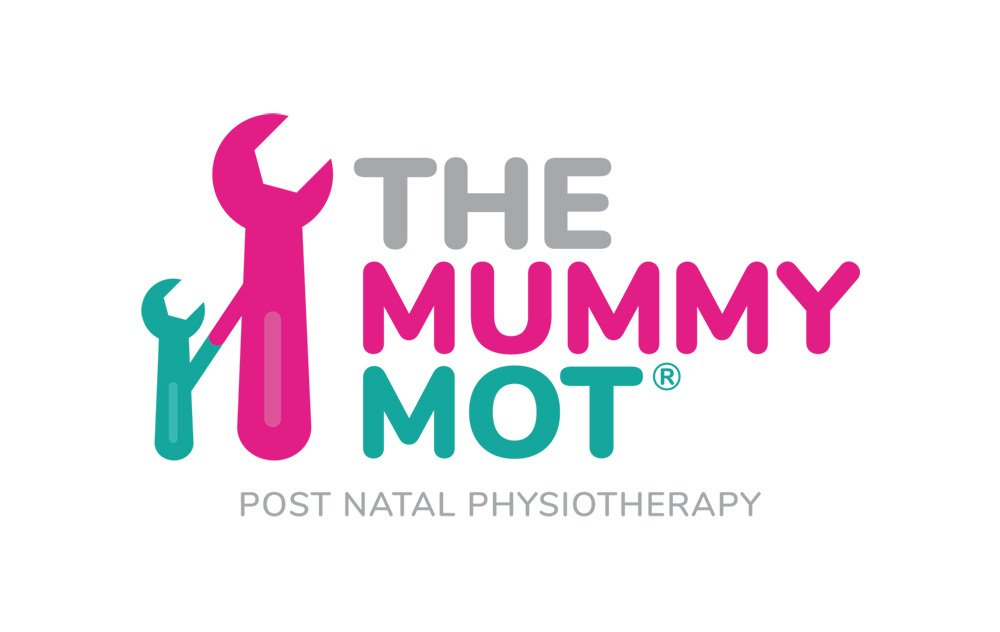Women's Health Physiotherapy
Our specialist Women's Health Physiotherapist offers a range of services to support women with the physical changes associated with pregnancy, post-childbirth and peri-menopause.
Pregnancy physiotherapy (Obstetrics)
Our bodies are subject to huge change during pregnancy. 80% of women will experience lower back pain and 20% will experience pelvic girdle pain at some point during the pregnancy. Our specialist physiotherapist will thoroughly explore your symptoms, assess your movement and provide you with a diagnosis. Often a combination of treatment options are used to address problem areas, such as personalised exercise, manual therapy, soft tissue work / massage, postural advice, acupuncture and advice on equipment such as support belts.
Conditions treated include:
- Back pain
- Pregnancy-related pelvic girdle pain (PGP)
- Symphysis pubis dysfunction (SPD)
- Rib pain
- Rectus diastasis during pregnancy
- Coccyx pain
A pregnancy MOT is a fantastic way to ensure you are preparing your body optimally for the demands of pregnancy, labour and mum life! This 75 minute appointment involves an (optional but recommended) internal pelvic floor strength and technique check, posture assessment and provision of a personalised home exercise plan.
Specialist postnatal physiotherapy: The Mummy MOT®
The Mummy MOT® is a 75 minute comprehensive assessment of your pelvic floor muscles, abdominals and general strength, recommended from 6 weeks postpartum. Problems such as urinary incontinence, prolapse and persistent 'mum-tum' will be addressed and you will be checked for tummy muscle separation (known as rectus diastasis). Your exercise and fitness goals will be discussed and you will be provided with a bespoke exercise plan, whether your goals are to be able to walk regularly with the buggy or return to higher level exercise such as running or CrossFit. Scar therapy is included for C section scars.
Pelvic floor physiotherapy
Up to 1 in 3 women are thought to suffer with urinary incontinence and 1 in 12 are found to have a pelvic organ prolapse on assessment. Although these conditions can occur at any time in a woman’s life, they are particularly common during pregnancy, postpartum and during perimenopause. Our specialist will sensitively discuss the problem with you, offer you an (optional but recommended) internal vaginal or anorectal examination and formulate a plan for treatment. Treatments offered include pelvic floor exercise prescription, biofeedback, electrical stimulation, bladder retraining and advice on lifestyle factors that may be contributing, such as fluid intake or toileting technique.
Conditions treated include:
- Urinary and faecal incontinence
- Pelvic organ prolapse
- Pelvic pain
- Overactive bladder (urinary frequency and urgency)
- Pain with intercourse
- Rehabilitation after gynaecological surgery such as hysterectomy


